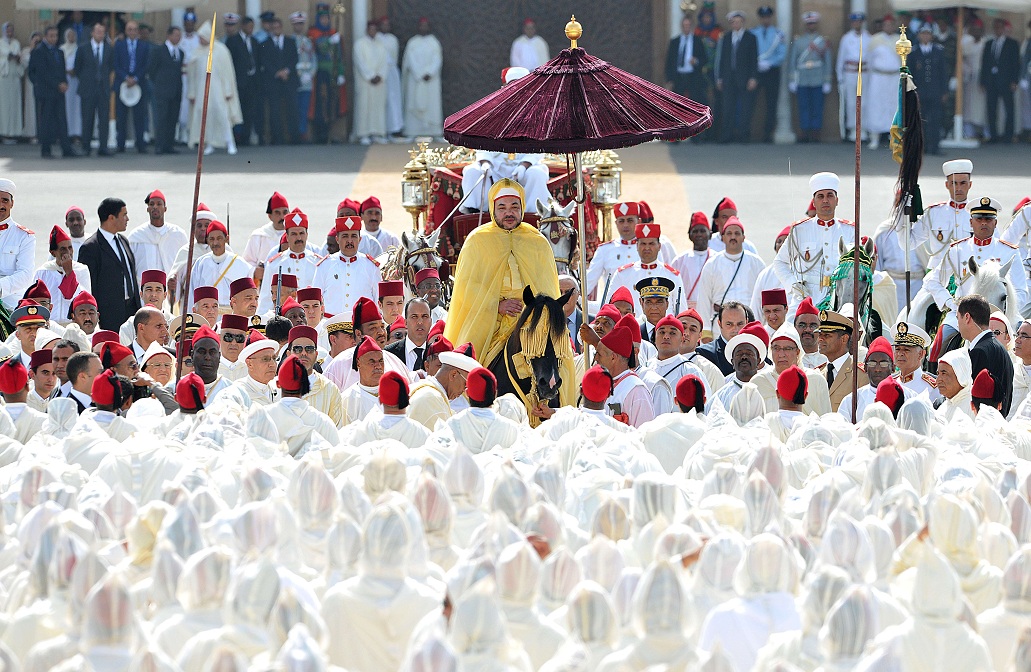Police forces announced Sunday a raid on a “takfiri terrorist cell” in Ismailia, which used a farm as a hideout, leading to the killing of three of the alleged members.
A Sunday statement said they were planning to prepare “attacks during the parliamentary elections”, using bombs.
The media office of the Ministry of Interior said the raid took place after receiving permission from the State Security prosecution. It added that as forces were on the way to arrest the accused, an exchange of fire took place, leading to the death of the three members. Two officers and one conscript were injured in the attack.
The statement, which Daily News Egypt received a copy of, said the deceased possessed ammunition and a motorcycle. “Existing information asserts that the members of the cell participated in attacks against police and army forces,” the statement read.
The Ministry of Defence announced the death of 25 militants in the second phase of the “Retribution for the Martyr” operation, in Rafah and Al-Arish, aiming to contain militants in the restive North Sinai. They also arrested 15 suspects on various charges.
During the raid, armed forces personnel destroyed several “terrorist dens”, vehicles, and narcotics, and confiscated scores of bullets and different types of ammunition and explosives. It also destroyed 36 tunnels in the area.
The Egyptian army announced on 23 September the end of the first phase of the “Retribution for the Martyr” operation in North Sinai, and revealed the start of a second phase aiming at enforcing security control and providing support to local residents of Sinai.
The operation was launched on 7 September, and according to the military’s daily accounts of the operation, hundreds of “terrorist elements” were killed, as well as a few security personnel.
The military operation comes in the context of the ‘comprehensive plan’ to combat terrorism in Sinai amid a surge in militant activity ever since the ouster of former president Mohamed Morsi in July 2013.
In allegiance with the “Islamic State”, “State of Sinai”, formally known as Ansar Beit Al-Maqdis, claimed responsibility for the lion’s share of the attacks in the area.
Moreover, also on Sunday, in a different context, security forces arrested a man in the governorate of Daqahleya accused of “hacking the Egyptian cabinet website”. He was also charged with spreading rumours about state institutions. The Ministry of Interior said “the arrest came as a part of the ministry’s plan to arrest members of the Muslim Brotherhood group who plan to distort state institution using technology”.
The arrested man, named Mohamed Ibrahim, was found to have been running a Facebook group called “Anonymous Rabaa Square”, which the ministry accused of hacking the governmental website. According to the media office, he confessed to “sympathising with the Brotherhood organisation”.
A similar incident occurred Sunday, where a man, accused of running a Facebook page criticising a governmental bank and “spreading rumours” about the CEO of the bank, was arrested.
The Egyptian state has been aiming to tighten its grip on electronic outlets allegedly “spreading and inciting terrorism”. Diplomatically, Egypt has participated in different global anti-terror conferences, where it highlighted the need to control outlets promoting terrorism, citing the media arms of “Islamic State” and other militant groups
Legally, the Egyptian government has been preparing the ground to allow for greater surveillance. Former prime minister Ibrahim Mehleb established the High Council for Cyber Security in December 2014, and in February issued a decree to form a committee tasked with considering legislative amendments to national security laws, aiming to give courts the jurisdiction to remove any online content related to terrorism.



